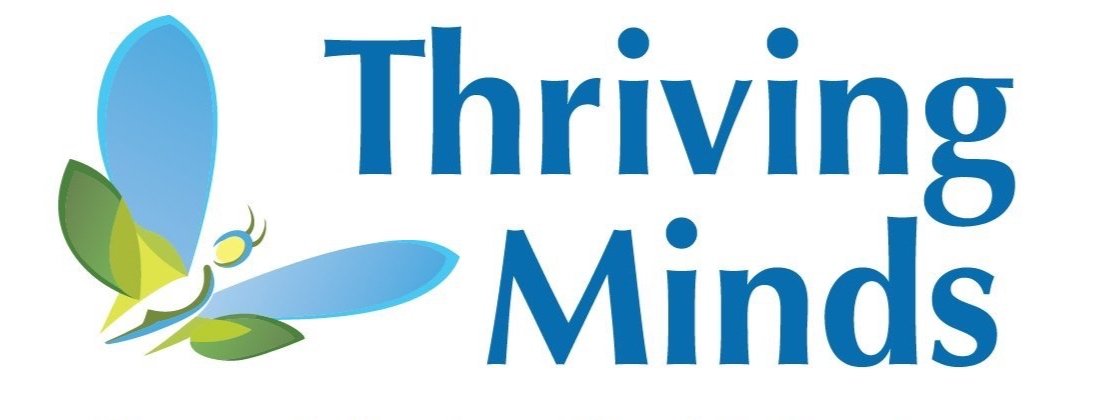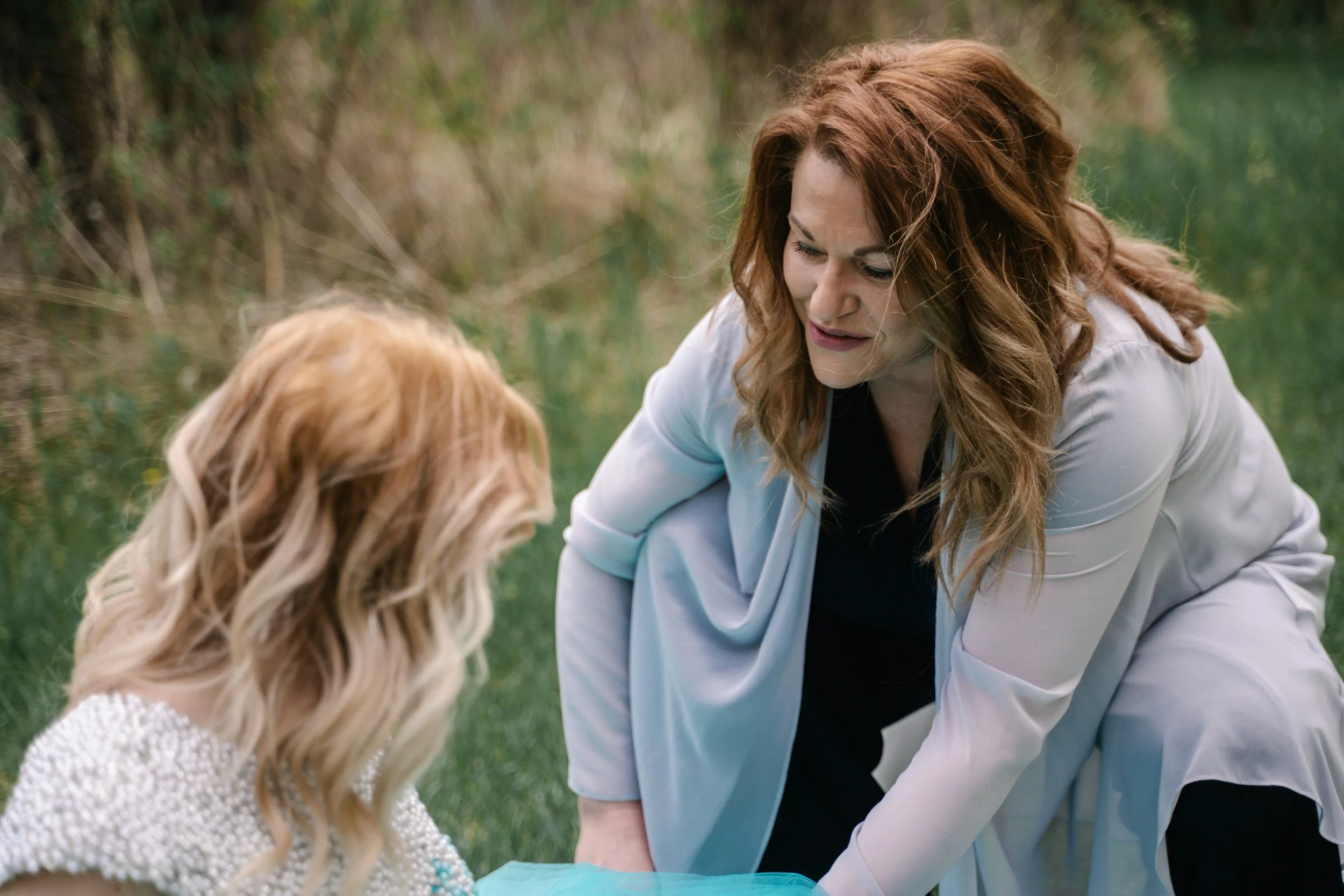Thank You For Reaching Out
We are excited to have you on board. We will get back to you within 1-2 business days
Explore Our Professional Guides
The start of a new year often brings a renewed sense of motivation—and, for many therapists, a familiar tension between aspiration and burnout. We encourage our clients to set meaningful goals, yet we often struggle to create realistic, sustainable goals for ourselves. Between packed caseloads, documentation demands, emotional labor, and personal responsibilities, “do more” goals can quickly become overwhelming.
The 2x10 Relationship Building intervention is a simple, intentional strategy for strengthening relationships between an adult (teacher, counselor, clinician, or other staff) and a student. The core practice: pick a student and commit to having a 2-minute conversation with them every school day for 10 consecutive days.
Accurate, timely documentation is a cornerstone of ethical and effective clinical practice. For supervisees, however, documentation often becomes one of the biggest stumbling blocks—especially when they are still developing time management skills and adjusting to the pace of clinical work. Addressing these challenges proactively is key to supporting professional growth while ensuring high-quality client care.
The Selective Mutism Association (SMA) has announced Dr. Taylor Hicks-Hoste as its new President-elect. With a background in school psychology and therapy, and years of hands-on experience supporting children with selective mutism (SM), Dr. Hicks-Hoste brings deep knowledge, meaningful perspective, and a clear vision for SMA’s future.





